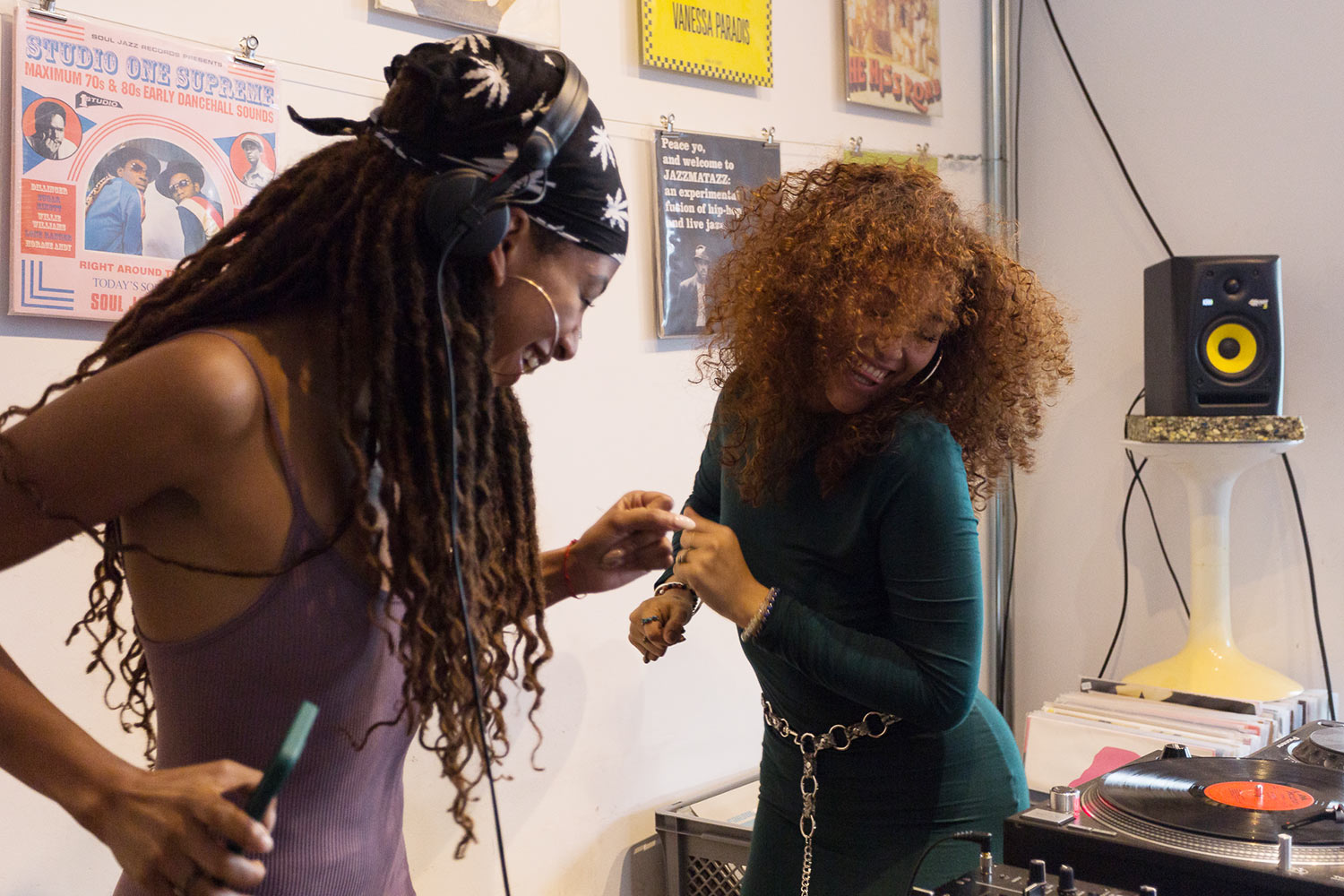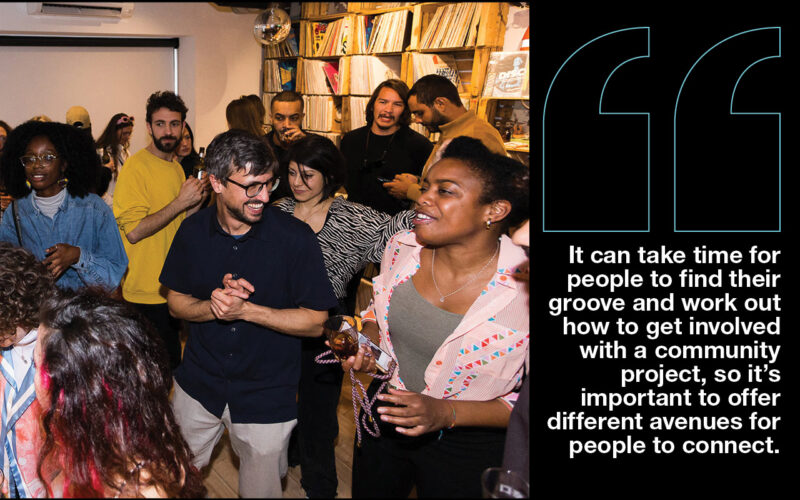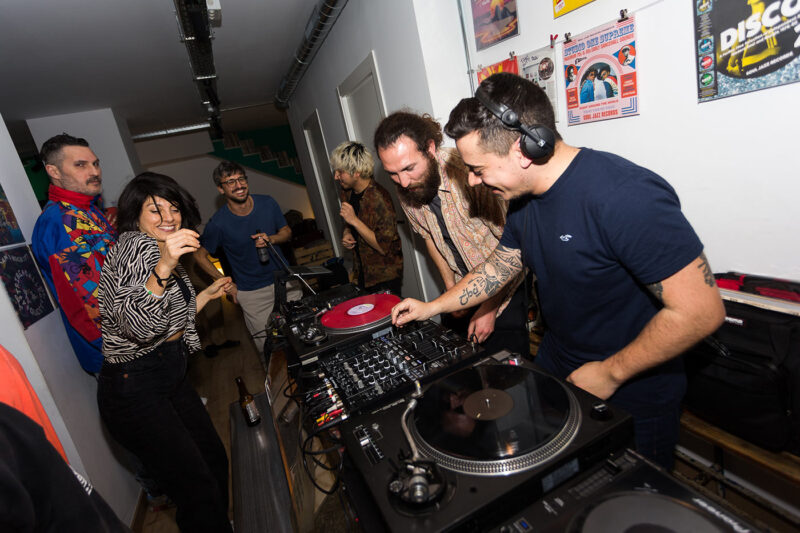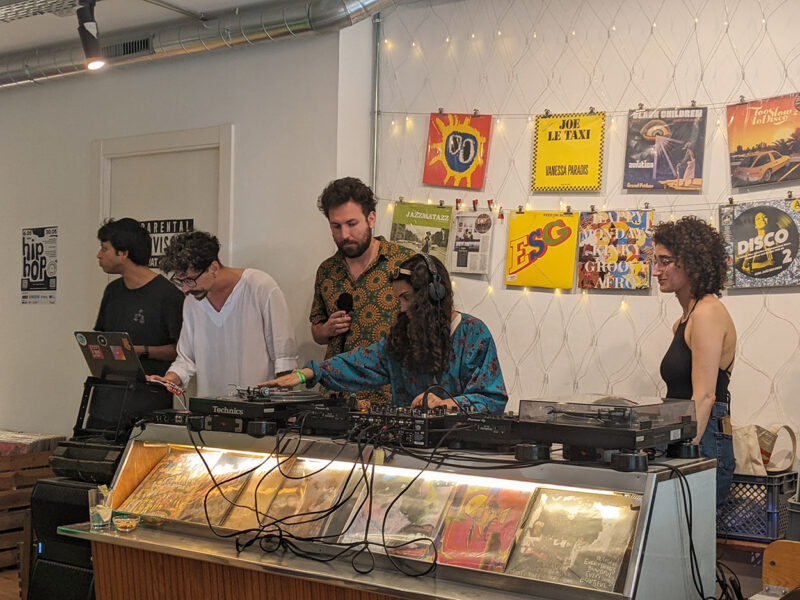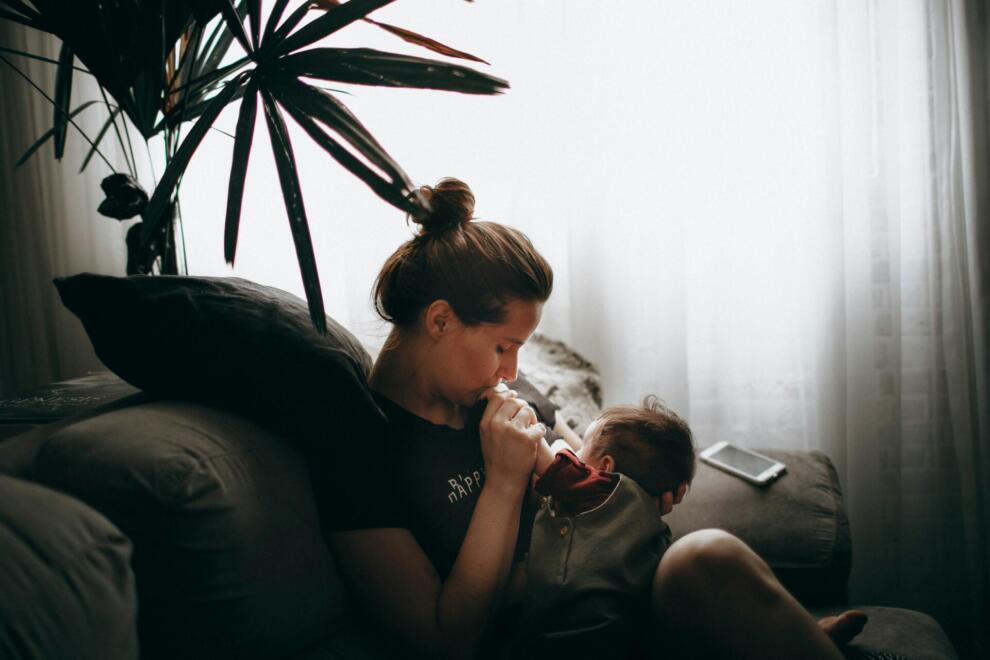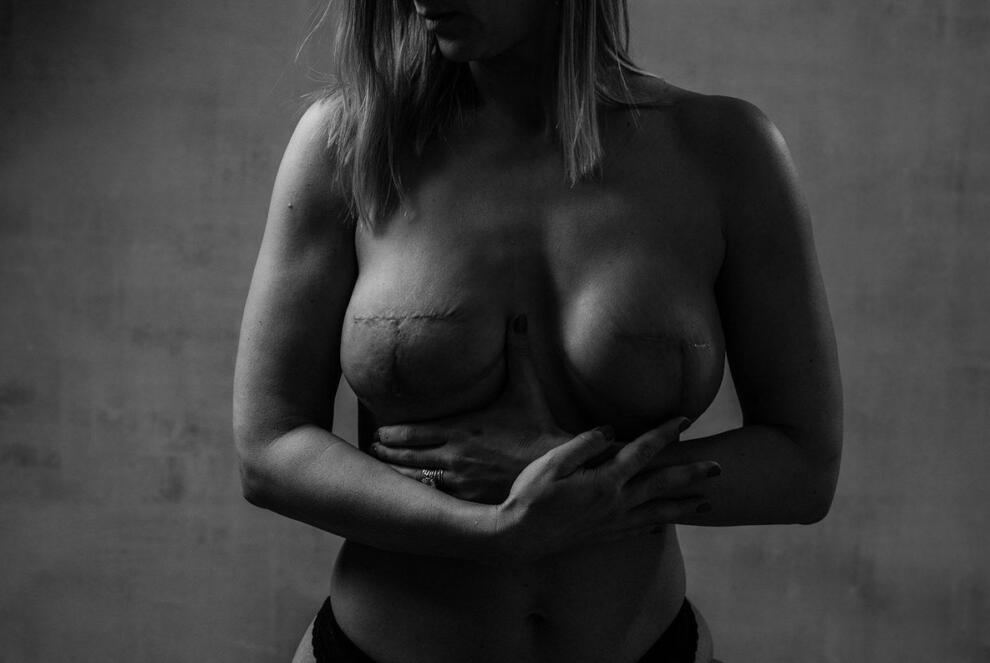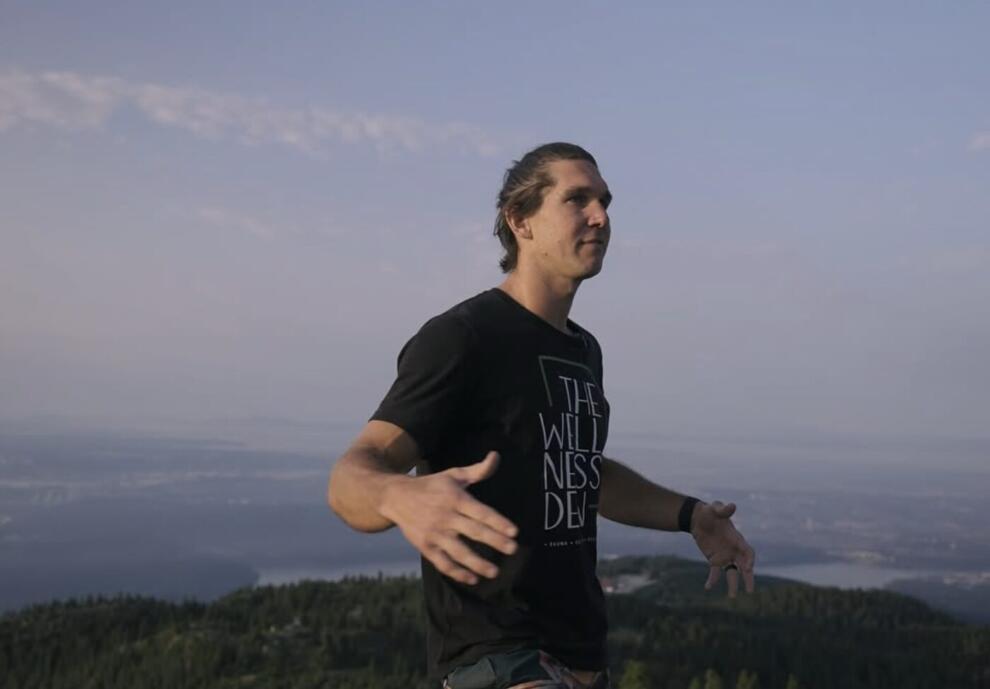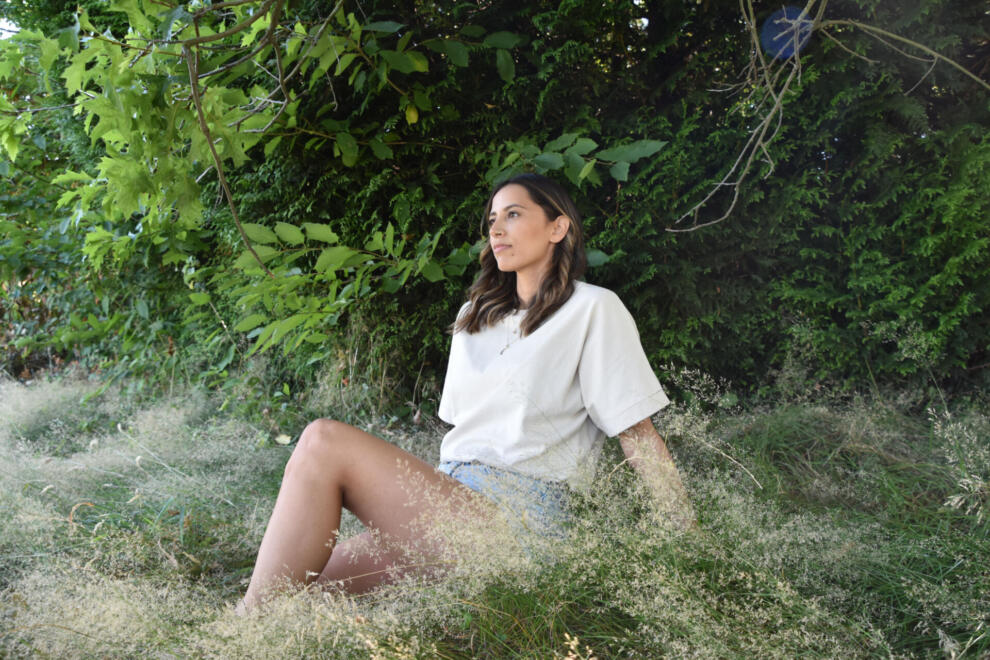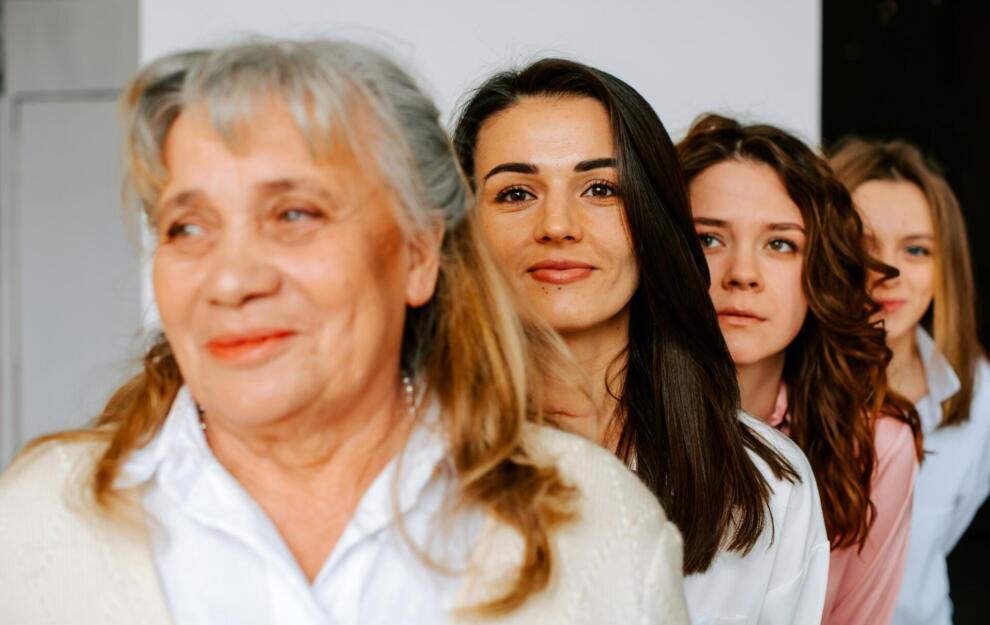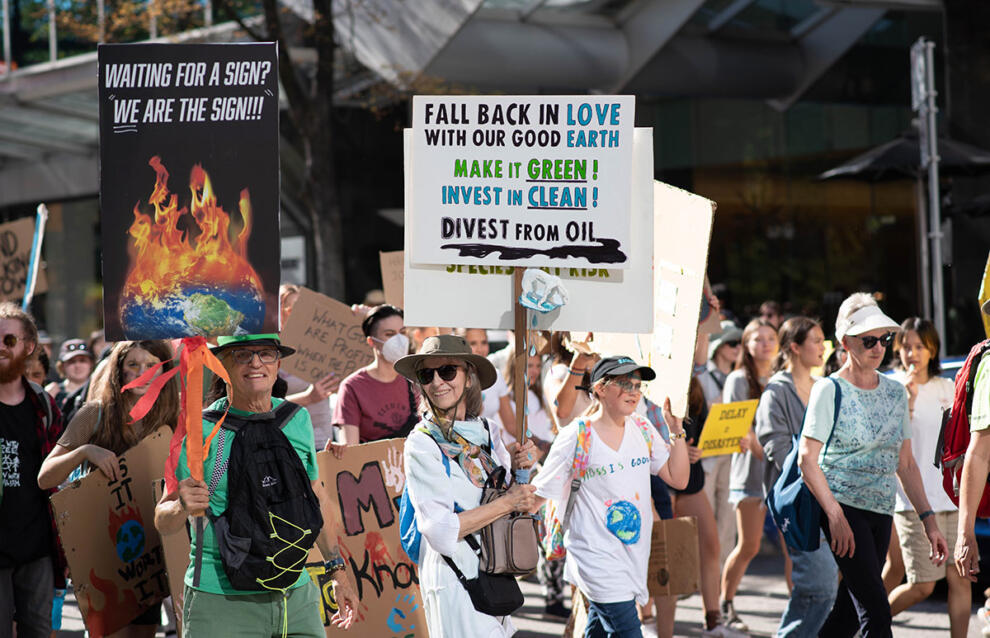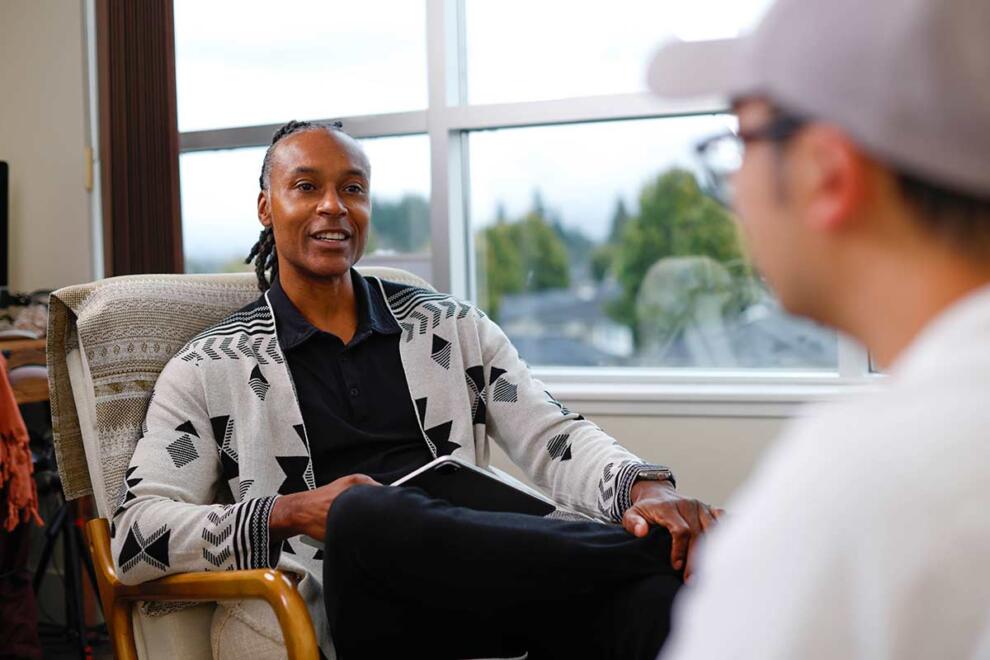Where Belonging Begins: Building Community in a Busy World
We used to live in a world where community was everything. We took care of each other’s children, watched over our circle when they slept, and shared songs in sacred spaces. Over time, the way we gathered changed, but the impulse to come together remained. We find connections in religious institutions, political movements, workplaces, and more recently, online.
Today, our digital access to one another is unprecedented, and yet loneliness is at an all-time high. According to Gallup’s 2023 World Poll, 1 in 5 people worldwide said they felt lonely for much of the previous day. This contradiction reflects the complexities of modern life. In cultures where individual success is prized above all, it’s no surprise that space for collective care has diminished. Social media can simulate connection but often leaves us longing for the real thing.
For marginalized communities, the need for intentional, inclusive spaces is even more urgent. A CDC study revealed that more than half of transgender and bisexual respondents reported frequent loneliness, with up to 63.9% of transgender individuals saying they often lacked social and emotional support.
So what does it take to build true community today—the kind that heals, holds space, and helps us feel like we belong? We spoke with two grassroots collectives doing just that: a multilingual, migrant-led radio collective with hubs in Barcelona, Berlin, and Turin, and a vibrant 2SLGBTQ+ center in Ottawa. Both are rewriting the rules of community by centering access, care, and creativity.
RBL : Broadcasting Belonging Across Borders
RBL (Radio Banda Larga) began in Torino, Italy, with the goal of using community radio to actively engage citizens and elevate creative voices. It later expanded to Berlin and now Barcelona, its newest hub. Jiselle Steele, the Head of Diversity and Community, shared more information on how this volunteer-run radio thrives on community.
What inspired the creation of your space, and what gap were you hoping to fill in your community?
RBL Barcelona started 3 years ago, when Patch, one of the founding members, moved to the city and decided to try and set up a hub for the community radio project he’d been involved with in Berlin. Radio Banda Larga (RBL) originally started in Torino, Italy aiming to use community radio to actively engage citizens and provide a cultural platform that nurtures creative talent and skills. A few years later, some of the team set up a hub in Berlin with the same ambition. RBL Barcelona came about as we wanted to build connections in the city and provide avenues for aspiring artists to hone their skills, to meet new people, and showcase different music scenes. There are a lot of great community online radio projects in Barcelona so it was important for us to try and find ways to complement what was already out there whilst also staying true to why we started the project in the first place. We wanted to provide an inclusive, multilingual community radio that prioritises diversity and encourages and supports new and emerging talent. For us, it’s always been about the energy and commitment that people can bring to the project rather than how much experience they have. We try to create a space that’s welcoming to newcomers, both to community radio and the city of Barcelona, and offer an incubator for people that want to try out new ideas or develop their skills in a safe space.
What does “belonging” look like in your space, and how do you help people feel it?
RBL Barcelona is part of the RBL Cosmos, with 2 other radio hubs in Berlin and Turin and a mini hub in Istanbul. For us, belonging means creating a space where every voice is heard and everyone involved becomes a co-creator. Through inclusive programming—like Barcelona’s commitment to gender diversity across our hosts and shows, Turin’s collaborations with marginalized communities, and Berlin’s migrant-led events—we try to ensure underrepresented groups see themselves reflected in the radio’s community. We aim to provide access to training, shared decision-making across hubs, and community-driven events (from open-deck parties to outdoor street parties) to encourage listeners to collaborate, get involved, and become active owners of the platform. For RBL Barcelona, belonging isn’t just about inclusion; it’s about empowerment—where cultural production, creativity, and grassroots values come together to make everyone both a collaborator and contributor.
How do you make sure your space remains accessible and inclusive—especially for those who may not traditionally feel welcome in public spaces?
We’re very open about the way that people can show up and get involved with the project, whether it’s as an artist, audience member, or volunteer. Many of the people involved with RBL may be new to the city or community radio, but are able to bring experiences from other areas. We want the project to feel like it belongs to everyone, as each individual brings something to the table that helps make the radio work. The regular live radio sessions provide a space for people to come and get to know the project, meeting the volunteer team in person, and we also run other events around the city, both free and ticketed, where people can get familiar with the project. In general, it’s quite organic but seems to work well as we have people from a range of backgrounds involved with the project who then invite their friends to get involved too.
Can you share a moment or story that captures the impact your space has had on someone’s life?
It’s quite tricky to pull out one specific moment or story as I think the project has impacted lots of people in many different ways. We’ve seen DJs play their first ever live sets, debut new productions, or run events with other collectives which they would not necessarily have thought possible without the support of RBL. What I really love about the project is the way it helps people to build their confidence through experimenting and just having a go in a judgment-free space. It’s a big part of why we’re here and hopefully lots of the DJs and volunteers that are part of the project feel like it’s had a positive impact on their lives.
What role does collaboration play in your work—whether with other local orgs, volunteers, or community members?
Collaboration is a core value for RBL Barcelona and across the RBL Cosmos in Turin and Berlin. The project in Barcelona is run entirely by volunteers and we’re only able to host the radio successfully each month through people sharing their time and creativity. We feel like it’s a win-win, as our volunteers also get a lot from the experience, whether it’s through hosting their own shows, meeting new artists, or getting to know different music scenes in Barcelona. We’ve seen many music collectives form through RBL Barcelona such as Azadi Sound, Overtone, La Otra Rumba, Planet Venus, and Muvuka. It offers a great opportunity for us to join forces and run events and collaborate on different projects together.
Collaboration with local organisations is also key. Our partnership with the music association Salvadiscos enables us to host our live radio sessions twice a month. We’re also really excited about collaborations with DubLab, Radio Actius, and Sin Sync that help us to reach more community members and exchange knowledge and experience that helps make RBL a stronger and more well-rounded project overall.
What’s something you’ve learned about community care that you think more people should know?
It can take time for people to find their groove and work out how to get involved with a community project, so it’s important to offer different avenues for people to connect. Being flexible and open-minded about the ways that people can support, show up, and share can help build a sense of belonging as well as supporting people to feel valued, and is a form of community care. Sometimes community projects can be very prescriptive about the ways that people can get involved, which makes sense when there’s limited time, resources, and capacity to accommodate different types of volunteers or partnerships. But some really interesting collaborations and opportunities can come from unexpected avenues and can also help people to feel like they are heard rather than having to fit into a fixed box.
In a time where so much connection happens online, what makes physical community spaces still so essential?
We really value the online connection, as it’s a way for us to reach a much wider audience and stay connected to the other RBL hubs in Turin, Berlin, and Istanbul. However, we also recognise the importance of having physical spaces for people to come together. We recently held our first free outdoor event and it was amazing to see the range of people that came, some having heard about the project but a lot more just stumbling across it and enjoying the vibes. For us, this is a big part of what having physical community spaces is all about, creating opportunities for people to come together, listen to music, meet people and dance or chat or just chill.
What advice would you give someone looking to build or get involved with a grassroots initiative in their own community?
Tap into your existing networks. You’ll be pleasantly surprised by how many friends, colleagues, or other connections take an interest and want to get involved. Often the help you need can come from the most unlikely places. When we first decided to set up RBL Barcelona three years ago, our first port of call was speaking to friends and seeing who wanted to get involved. We were very lucky as many of them were up for it and brought different skills and experience to the table. It’s also a really good way to expand your network as your friends will often recommend other friends and contacts and before you know it, you have a growing community who are invested and want to help the project develop and grow.
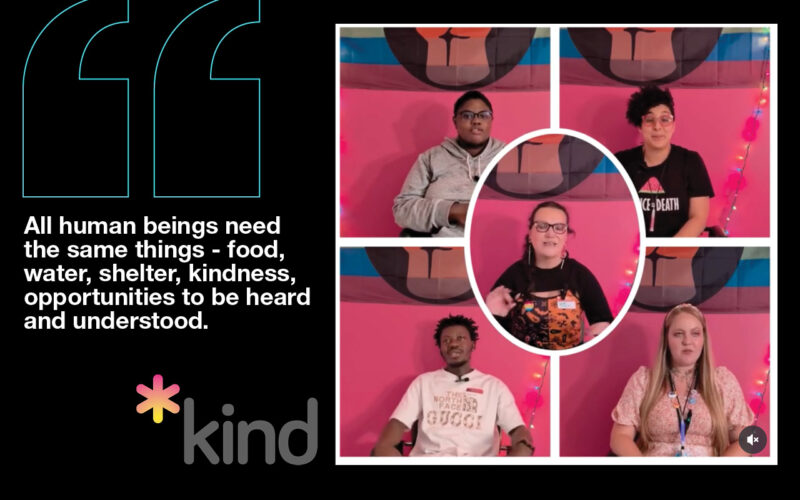
Kind Space : Creating a Home for 2SLGBTQ+ Folks in Ottawa
Kind Space has its roots in a different kind of organizing. Founded in 1984 under the name Pink Triangle Services, the organization emerged from the limitations that advocacy groups like Gays of Ottawa faced. Kind Space took on the social and educational work needed to support the queer community outside of political policy battles.
Today, Kind Space is a hub for connection, healing, and celebration. Executive Director Carling Miller shared more on this community.
What inspired the creation of your space, and what gap were you hoping to fill in your community?
Kind Space came into existence in 1984, originally named Pink Triangle Services. At the time, there was another group called Gays of Ottawa (GO) that focused specifically on advocacy. Due to the advocacy regulations, GO was limited in the type of financial support it could receive, as they weren’t eligible for charitable status. It was decided that another organization would be created to take on the social and educational aspects of GO’s work.
What does “belonging” look like in your space, and how do you help people feel it?
When people come into Kind Space, it is important that they are treated as fully human and that we clearly communicate that we’re pleased to see them, whether we’ve seen them 100 times or for the first time. We also designed the space to feel relaxed, colourful, open, bright, full of plants, and full of different activities to engage in. Definitely a place to visit and experience for yourself.
How do you make sure your space remains accessible and inclusive—especially for those who may not traditionally feel welcome in public spaces?
The space is intentionally designed that way. We were fortunate enough to design the layout before we moved in. It is also a value of the organization to create space for people to come as they are. It means taking the time to talk with people, to get to know them, to educate when needed, reaffirm appropriate behaviour when necessary. To not act like cops.
What role does collaboration play in your work—whether with other local orgs, volunteers, or community members?
Collaboration plays a big role; we’re a staff team of 5 right now and have a volunteer team of over 40. We partner with various other orgs or businesses for different programs, events, or services, like our Trans ID Clinic or our community garden.
What’s something you’ve learned about community care that you think more people should know?
All human beings need the same things – food, water, shelter, kindness, opportunities to be heard and understood. Unfortunately, our society is really not set up to give those things without asking someone to compromise their dignity, or jump through infinite hoops. Bureaucracy often trumps humanity.
In a time where so much connection happens online, what makes physical community spaces still so essential?
Authentic connections can happen online, and there is something about being able to sit comfortably with another person, whether you’re talking to them or not. There is nothing that can replicate experiencing the energy of people enjoying the same thing in the same space together.
What advice would you give someone looking to build or get involved with a grassroots initiative in their own community?
Start with things that fill you with joy, things that you are passionate about, and organize with people with whom you have aligned values, not just overlapping identities.
What Community Care Looks Like Today
Both RBL and Kind Space understand that care isn’t one-size-fits-all. It’s about offering different avenues for connection and being open to unexpected contributions. For RBL, that means welcoming new DJs and event volunteers with or without experience. For Kind Space, it means giving people a place to sit comfortably with others, even in silence.
When asked what advice they’d give others trying to start something similar, both offered the same principle: begin with what brings you joy and lean into the people already around you. Community grows not just from vision, but from invitation.
Even as the ways we connect continue to shift, spaces like RBL and Kind Space show us that community is still our greatest source of strength. And it’s something we can build together—one story, one gathering, one shared playlist at a time.
Actions:
- Listen to a program on a local or global radio station like RBL
- Look for ways you can volunteer for local spaces like Kind Space’s Community Care Bear position
- Scroll through social media effectively, browsing Twitter, Instagram, and Facebook for community events where you can connect with new people.
